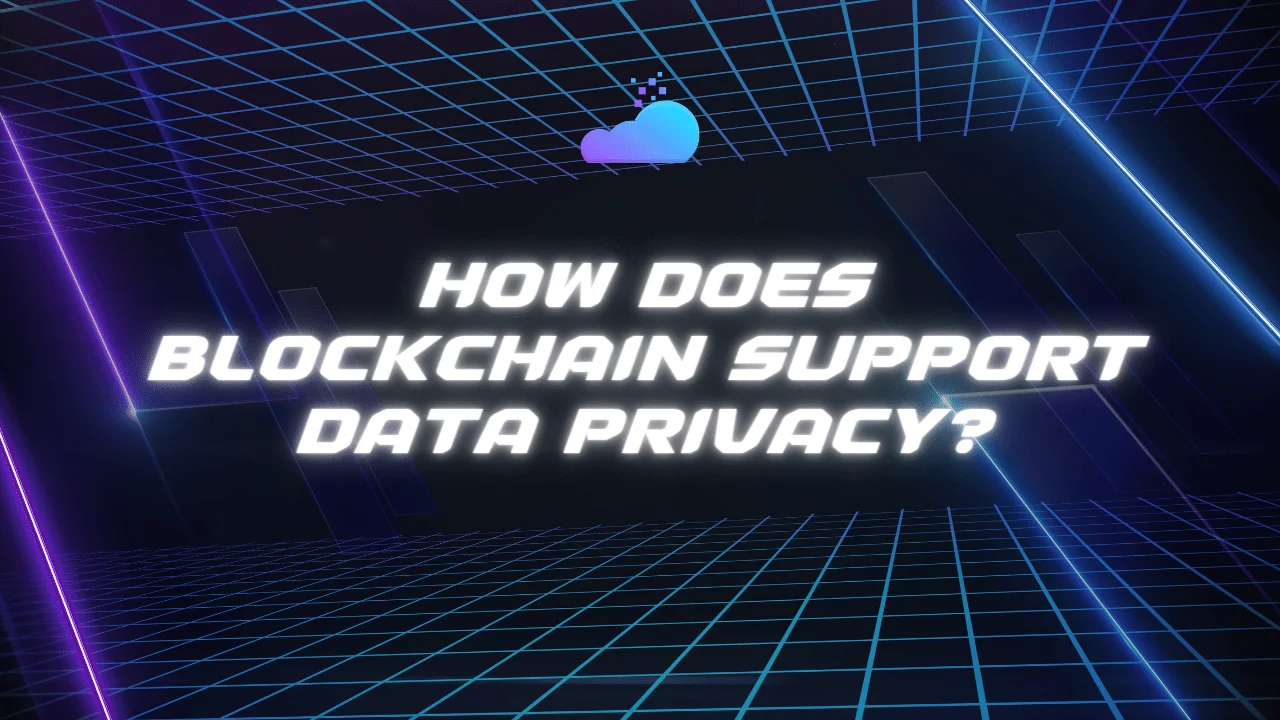In this era of frequent data breaches and privacy concerns, blockchain technology offers innovative solutions to safeguard sensitive information. Exactly How Does Blockchain Support Data Privacy? The secret sauce is its capacity to provide privacy and security like no other data management system has before. While most people think of it as the backbone of digital currencies like Bitcoin, this technology actually has many important applications outside of finance, especially when it comes to protecting personal information. Exactly How Does Blockchain Support Data Privacy? Secure and private online storage is made possible by its unique properties, such as encryption, immutability, and decentralisation, which further prevent sensitive data from being accessed or altered by unauthorised parties.
Why Blockchain Matters for Data Privacy?
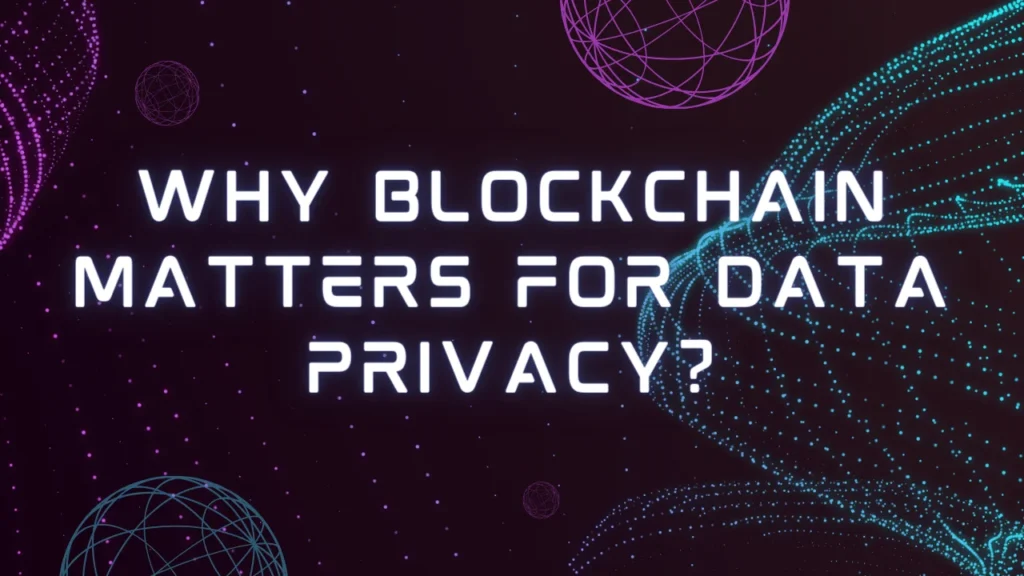
Everyone, from governments to businesses to individuals, can benefit from blockchain technology’s groundbreaking approach to data management and privacy. It’s not just for techies or cryptocurrency enthusiasts. The decentralised and secure blockchain technology has the ability to revolutionise the storage, sharing, and protection of personal information. With data privacy becoming an increasingly pressing issue, blockchain technology presents an exciting opportunity to address the shortcomings of centralised data systems.
Decentralization and Data Distribution
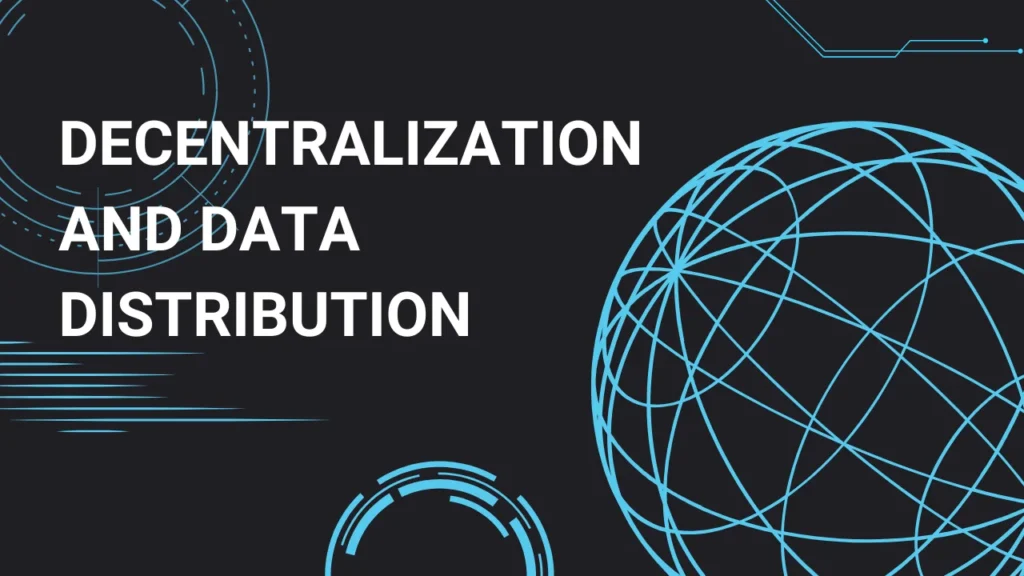
Using a distributed network of computers called nodes, each of which stores a full copy of the blockchain, the blockchain achieves its decentralised nature. The likelihood of cyberattacks and illegal access to data is greatly reduced with this configuration. An attacker would face an enormous and almost impossible challenge if they wanted to gain control of the majority of the network in order to compromise any information. Not only does this dispersal of data improve security, but it also guarantees that data privacy is preserved throughout the network.
Immutable Data Storage
Adding data to the blockchain makes erasing or changing it very difficult, if not impossible. When combined with state-of-the-art encryption, this immutability feature creates a reliable and safe place to store sensitive data. Thus, data integrity is maintained, providing a strong barrier against the manipulation and tampering of personal data.
Encryption and Cryptography
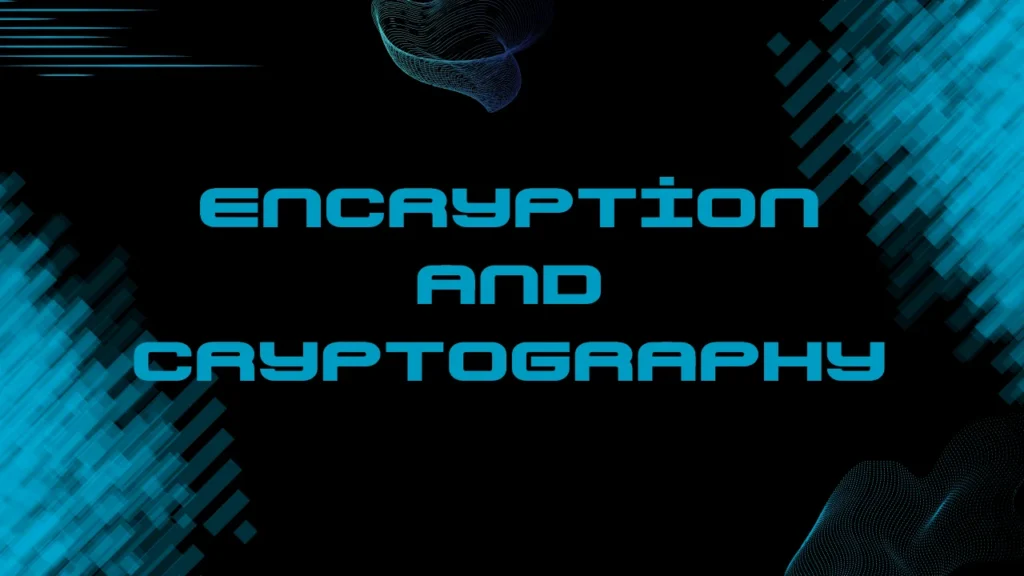
Data security is paramount with blockchain technology, which employs state-of-the-art encryption methods for storage and transmission. Each block in a blockchain is further secured by cryptographic hashing, which links them to each other in an immutable chain. This not only prevents unauthorised individuals from accessing data, but it also makes it easy to detect and stop any attempt to change data.
Privacy-Preserving Transactions
Smart contracts streamline transactions while enhancing privacy by automating and enforcing contract terms without intermediaries. These agreements permit data sharing under stringent circumstances, guaranteeing that personal data is only divulged in accordance with the provisions outlined in the agreement. In addition, computations that preserve privacy allow for encrypted data processing without actually revealing the data, which protects user privacy.
Decentralized Identity Management
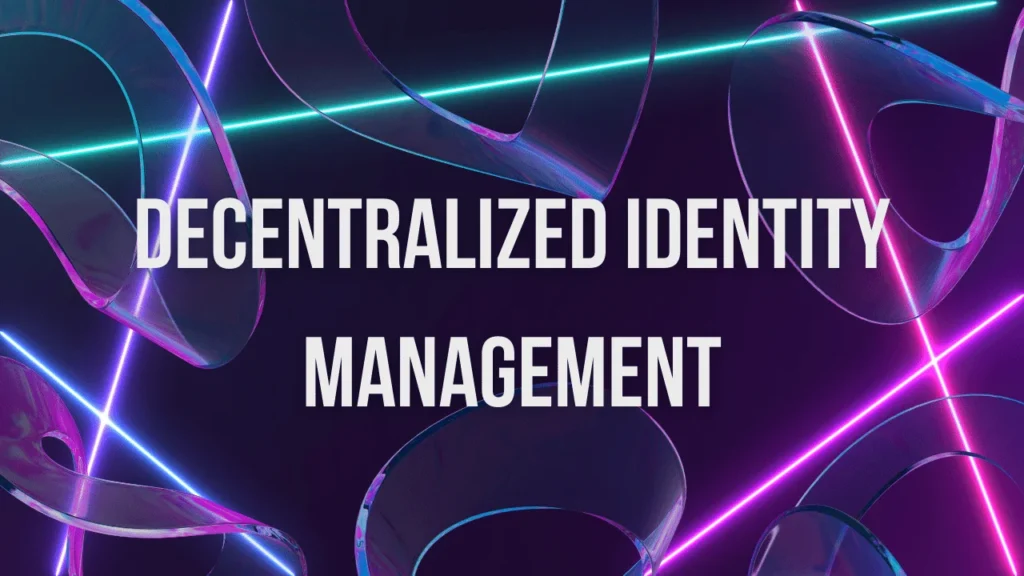
Individuals are granted control over their digital identities through blockchain-federated identity systems. This control allows for selective management and sharing of personal information. To reduce the likelihood of data breaches and abuse, blockchain-based identities disperse across a network, in contrast to conventional systems that keep personal information in central databases.
Challenges in Blockchain
The public nature of blockchains necessitates improved privacy measures, and scalability is an issue. Other problems with blockchain technology include regulatory ambiguity and unpredictability. In order to maximise blockchain’s potential for data privacy, it is essential to address these challenges.
Future Trends in Blockchain

Improvements to data privacy and security protocols are on the horizon, thanks to blockchain technology’s continuous evolution. Blockchain has the ability to greatly improve the security of digital personal information as its present limitations are addressed by researchers and developers.
Cryptography Techniques
Modern cryptography and encryption methods bolster blockchain’s approach to data privacy. To provide a safe base for privacy-preserving transactions, these techniques are essential for guaranteeing the secrecy and authenticity of data kept on the blockchain.
Robust Encryption Methods
Blockchain security relies on encryption to protect data while it is in motion or at rest. Blockchain technology limits data access to authorised users only by encoding all information into a form that cannot be read without a decryption key. Protecting sensitive financial and personal information from cybercriminals and other unauthorised parties requires this degree of security.
Cryptographic Hashing for Data Integrity
Any type of data can be transformed into a hash of a fixed size through the process of cryptographic hashing. A powerful tool for preserving data integrity, this one-of-a-kind hash function guarantees that even a small change to the input data produces a totally different hash. Hashing is utilised in the context of blockchain to securely connect blocks, resulting in a chain that is tamper-evident and improves data privacy.
Public and Private Key Cryptography
To ensure safe transactions, blockchain employs public and private key cryptography. A public key and a secret private key are the two parts of a key pair that each network user has. Users can sign transactions using their private keys and others can check their authenticity using the public keys that correspond to those keys. This approach supports the secrecy of data exchanges while simultaneously ensuring the security of transactions.
Zero-Knowledge Proofs for Privacy Preservation
By using zero-knowledge proofs, a cryptographic technique, one can demonstrate to another the veracity of a statement without disclosing any information other than the statement’s validity. This method is finding more and more uses in blockchain applications for the purpose of facilitating interactions and transactions that necessitate the validation of specific criteria while protecting sensitive data from disclosure.
End-to-End Encryption for Secure Communications
The confidentiality of data transmitted between parties in blockchain networks is guaranteed by end-to-end encryption. This method ensures that sensitive information cannot be accessed by intermediaries by encrypting it at the source and only decrypting it at the intended destination. For private communications on the blockchain, such as messages and transaction details, this degree of encryption is essential.
Blockchain’s Role in Data Integrity and Trust

When dealing with digital transactions, it is crucial to ensure data integrity and build trust. The immutable and transparent ledger that blockchain technology provides promotes trust among users, making it excel in these areas.
Immutability
Data cannot be deleted or altered once recorded on blockchain due to its immutable nature. The reliability of the data and transaction records relies on this feature, which is why it is essential for the network as a whole.
Transparency and Auditability
Data and transactions can be audited using blockchain technology because of its transparent ledger. The capacity to validate transactions on the blockchain increases user confidence, while encryption and anonymous or pseudonymous identities protect privacy. Without sacrificing personal privacy, this openness makes sure that everything is traceable and accountable.
Consensus Mechanisms for Data Validation
Validating transactions and adding new blocks to the chain are done through consensus mechanisms in blockchain networks. Methods like Proof of Work (PoW) and Proof of Stake (PoS) guarantee the validity of all transactions by necessitating consensus among network nodes. The reliability and accuracy of the data stored on the blockchain are further solidified by this collective validation process.
Timestamping for Historical Accuracy
Timestamped transactions on the blockchain make it possible to trace events back in time. By making it easier to verify the sequence of transactions and changes over time, this feature is invaluable for establishing the historical accuracy of data. Data stored on the blockchain is more trustworthy and reliable when timestamps are used.
Decentralized Networks
There is no single authority or failure point in a blockchain network because of its distributed ledger technology. Because it would take an unreasonable amount of computing power to compromise the network, this lessens the likelihood of data tampering, fraud, and cyber-attacks. In addition to enhancing data privacy, blockchain’s distributed nature also makes the network more resilient and reliable.
FAQs
What is blockchain technology and how does it enhance data privacy?
A distributed digital ledger, blockchain technology ensures that all transactions are recorded accurately across various computers and cannot be changed in the past. Because of its encryption, decentralisation, and immutability features, it improves data privacy. This ensures that sensitive data is stored securely, is less likely to be compromised by hackers, and cannot be altered once recorded on the blockchain.
How does blockchain’s decentralized structure contribute to secure data management?
Because blockchain operates on a decentralised network, it is intrinsically more secure than conventional centralised data management systems since there is no central authority or failure point. Data is not kept in one vulnerable place because every node in the network has a duplicate of the ledger. Data breaches and illegal access are greatly diminished as a result of this.
Can blockchain technology solve current data privacy issues?
As a more trustworthy, open, and user-friendly way to handle private data, blockchain technology could solve many existing problems with data privacy. While it does a lot to make data more secure and private, it isn’t a silver bullet. In order for it to completely resolve data privacy issues, it must overcome obstacles like scalability, regulatory compliance, and integration with current systems.
What are smart contracts and how do they protect user privacy?
A “smart contract” is an agreement whose terms are encoded in computer code and which can be executed automatically. They function on the blockchain and carry out transactions automatically upon the fulfilment of certain criteria. Smart contracts minimise the risk of data exposure by facilitating transactions and interactions directly between users, thereby protecting their privacy. They also make it possible to share data under certain circumstances, which limits the disclosure of personal information to what is required by the contract.
What challenges does blockchain face in enhancing data privacy?
While blockchain technology has great promise for improving data privacy, it currently faces a number of obstacles, one of which is scalability, which causes processing times and costs to increase as the number of transactions increases. Another concern is the lack of clarity surrounding regulations. It is possible that existing laws and regulations do not adequately address the decentralised and immutable characteristics of blockchain. Blockchain technology offers robust security features, but it is not foolproof. Data breaches can still occur due to flaws in third-party apps or user error when handling private keys.
Conclusion
The distributed ledger technology known as blockchain offers several advantages to data privacy, including advanced encryption, immutable data storage, smart contracts, and decentralised identity management. With these features, blockchain is a strong candidate to improve the privacy and security of our ever-growing digital infrastructure. Further improvements in safeguarding personal information from the constantly increasing danger of data breaches and cyber-attacks are possible as blockchain technology develops further.

Timothy Jensen is an expert writer who specializes in the world of cryptocurrencies, including blockchain technology and Bitcoin. He has a passion for explaining complex topics in an easy-to-understand way. Timothy’s work aims to demystify the digital currency landscape for his readers.

